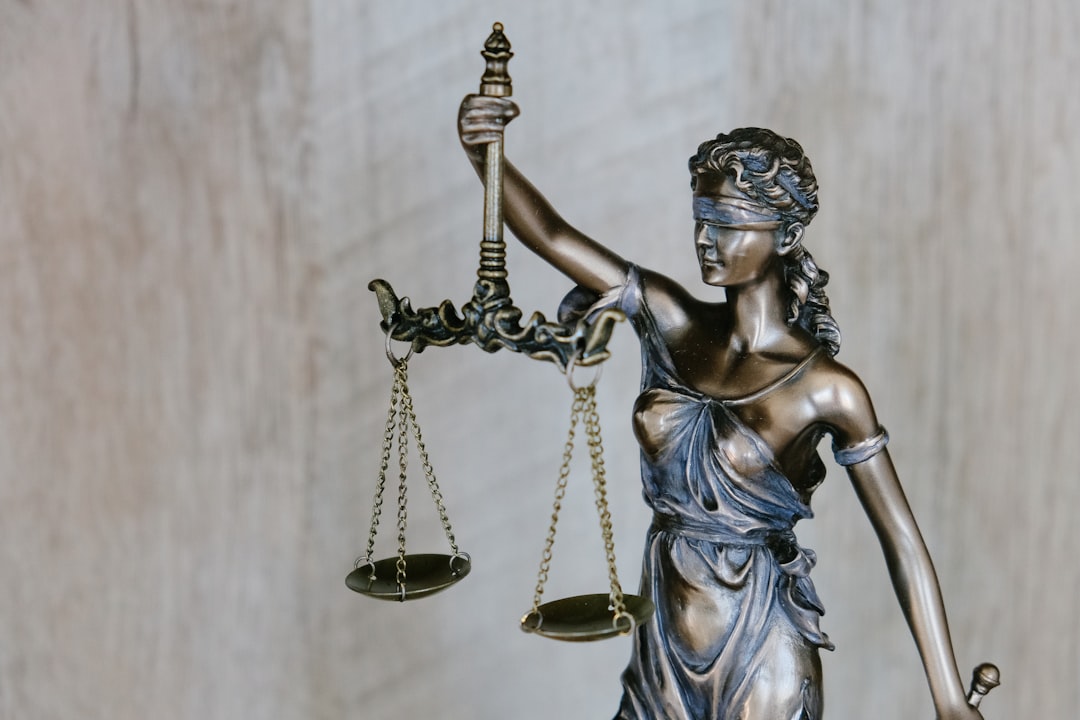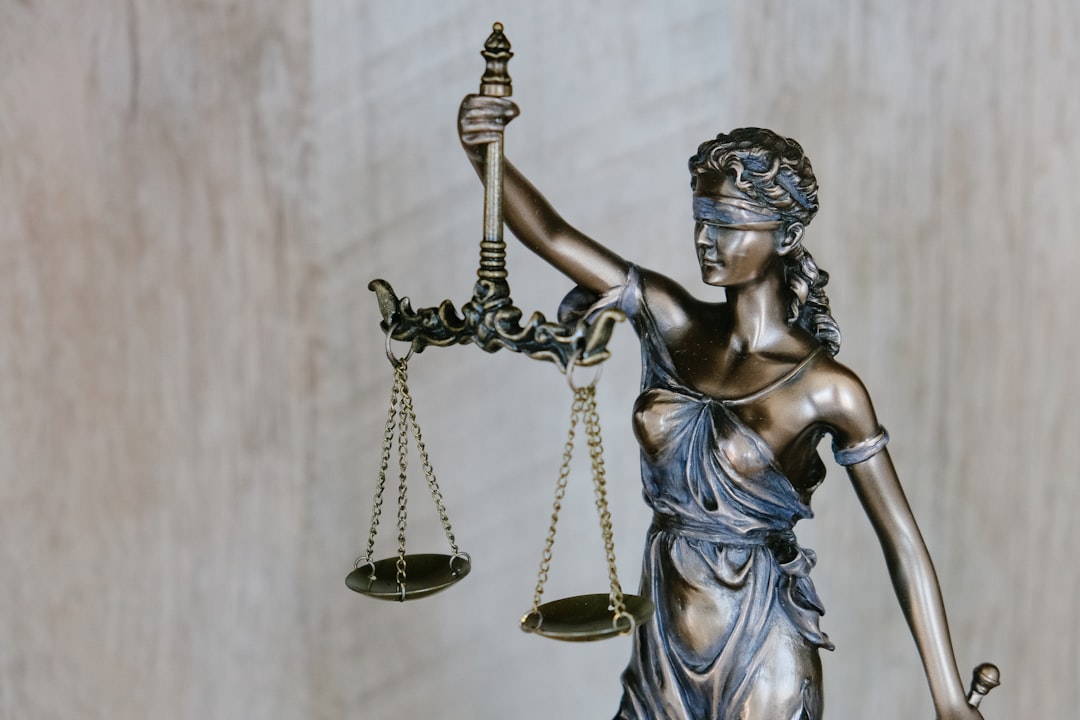Massage abuse, a growing concern in Oregon's wellness industry, involves non-consensual physical and psychological manipulation during massages. With increased reporting but few legal avenues for victims, relaxed regulations and oversight gaps highlight the need for better reporting mechanisms and heightened awareness. Social stigma often deters individuals from coming forward, leading to self-blame and shame among survivors. Specialized massage abuse lawyers in Oregon are crucial for breaking this cycle by providing confidential support, guiding victims through legal processes, protecting their privacy, and empowering them to seek justice without fear of judgment.
In Oregon, the hidden landscape of massage abuse demands attention. This issue, often shrouded by social stigma, necessitates a deep exploration. Understanding massage abuse and its prevalence is the first step towards dismantling the barriers that prevent victims from reporting. This article unravels the complex web of social stigma, offering insights into how it hinders reporting and proposing strategies to encourage victims to seek justice with the help of a dedicated massage abuse lawyer Oregon.
Understanding Massage Abuse and Its Prevalence in Oregon

Massage abuse, a serious issue often shrouded in social stigma, refers to any non-consensual or harmful act that occurs during a massage session. This can range from inappropriate physical contact to psychological manipulation and exploitation. In Oregon, where the wellness industry is thriving, it’s crucial to understand the prevalence and impact of such abuse. According to recent studies, Oregon has seen an increasing number of reported cases of massage abuse, highlighting the need for heightened awareness and improved reporting mechanisms.
The state’s relaxed regulations and lack of oversight in certain sectors can contribute to a culture where abuse may go unreported or undetected. Many victims face social stigma, fear, or shame, which often prevents them from speaking up. A massage abuse lawyer in Oregon plays a vital role in these cases, offering legal guidance and support to help victims navigate the complex process of reporting and seeking justice. By raising awareness and providing accessible resources, Oregonians can collectively work towards eradicating this hidden problem within their communities.
The Social Stigma Surrounding Victims and Their Reporting

The social stigma surrounding victims of massage abuse can significantly impact their willingness to come forward and report such incidents. In a state like Oregon, where the wellness industry is thriving, victims often face unique challenges. The fear of judgment or embarrassment may deter individuals from seeking legal recourse, especially when dealing with intimate acts gone wrong. This stigma can create a culture of silence, hindering the ability to identify and hold accountable those who engage in abusive practices.
Many survivors of massage abuse may struggle with self-blame and shame, making it difficult to distinguish right from wrong in their experiences. As a result, they might not recognize the severity of the situation or believe that reporting it is worthwhile. A supportive legal system, led by experienced massage abuse lawyers in Oregon, can play a pivotal role in breaking this cycle. These professionals are trained to guide victims through the legal process while ensuring their privacy and providing much-needed reassurance.
Strategies to Overcome Stigma and Encourage Reporting with the Help of a Massage Abuse Lawyer Oregon

Overcoming social stigma is essential in encouraging victims to report massage abuse. Many survivors fear judgment, embarrassment, or retaliation when considering coming forward. A massage abuse lawyer Oregon can play a pivotal role in breaking down these barriers. They can provide legal support and guidance tailored to the unique challenges faced by victims, fostering a safe environment for them to share their experiences.
Lawyers specializing in massage abuse cases often employ various strategies to ensure client confidentiality, protect privacy, and offer non-judgmental assistance. By raising awareness about available resources and legal protections, they empower individuals to take action against abusers and seek justice. These professionals can connect survivors with support networks, helping them navigate the reporting process with dignity and strength.






